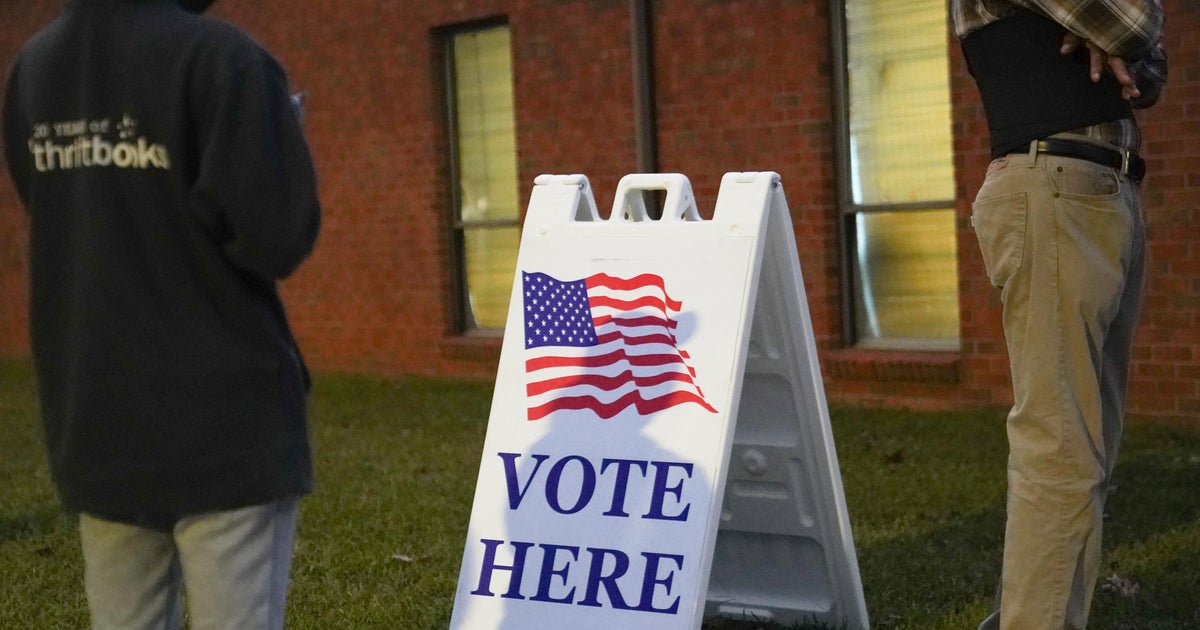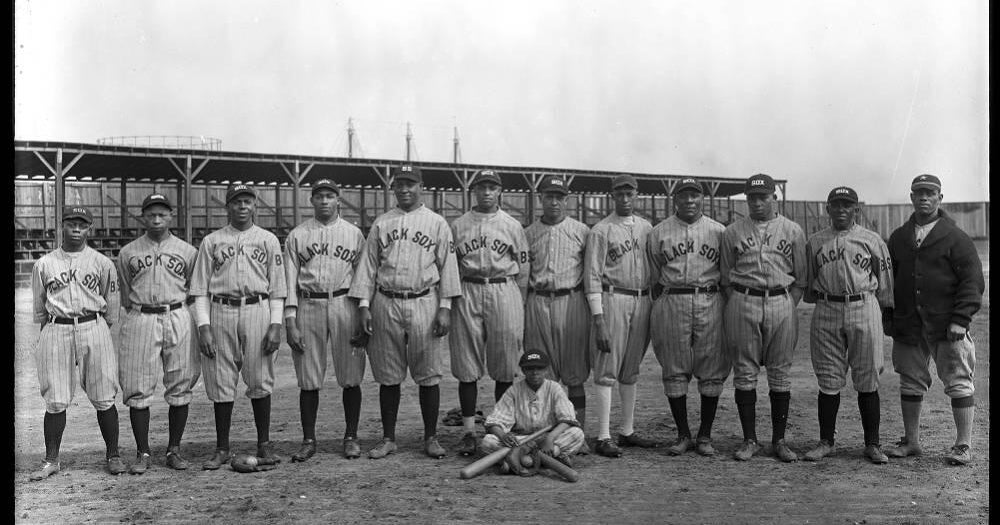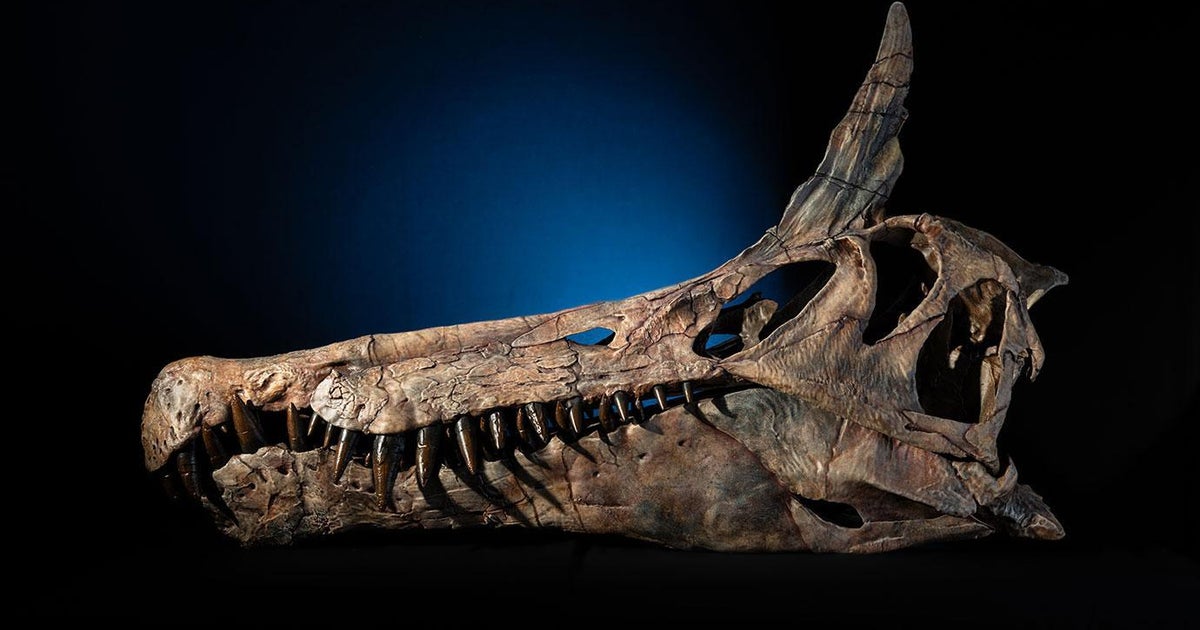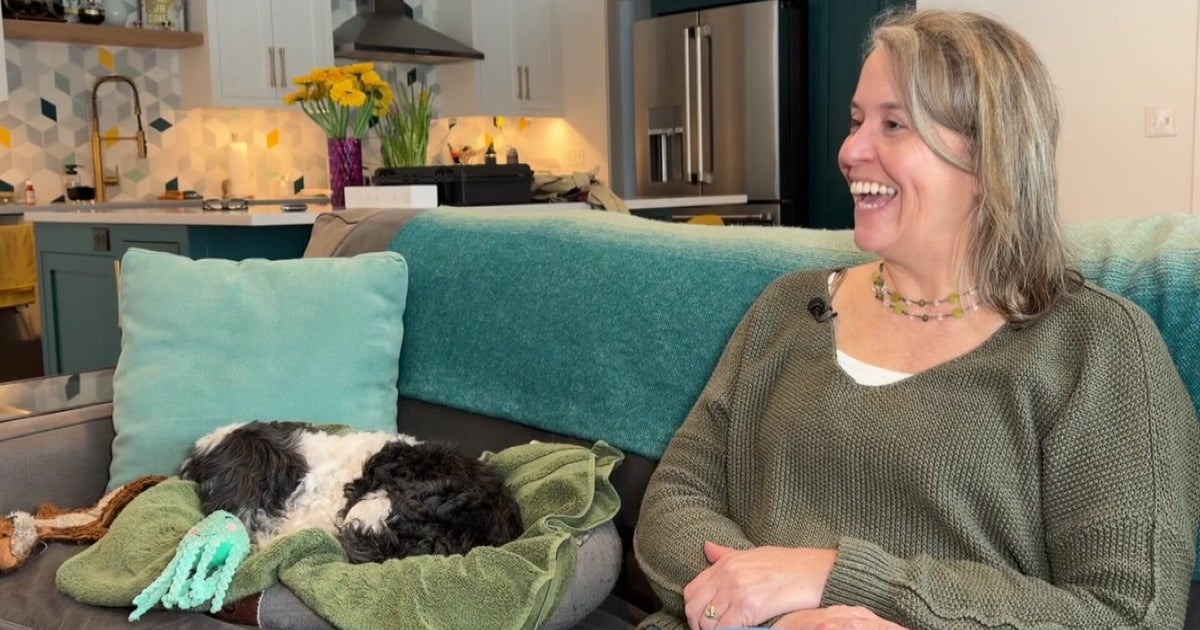UNT Researchers Make Breast Cancer Breakthrough
Follow CBSDFW.COM: Facebook | Twitter
DENTON (CBSDFW.COM) - Game changing. That's the word used to describe new research coming out of the University of North Texas today in the fight against breast cancer.
Researchers have identified a protein that's linked to tumor growth—as well as a way to treat it. The results are so phenomenal that professors are calling the discovery a real 'hand-to-the-forehead' experience.
"It was a moment like that," says Professor Ron Mittler, PhD, "because we were not expecting this."
Dr. Mittler is a professor in UNT's Department of Biological Sciences and the BioDiscovery Institute. He and a team of researchers discovered the NAF1 protein three years ago.
"When we over express protein, we get really massive tumors! They grow much faster than normal tumors, and when we attack this target…they're completely abolished! The tumors are really tiny and they're not growing… yes, it can work."
Especially, researchers say, for the most aggressive and lethal form of breast cancer called triple negative.
"There's no really good way to treat it right now. So hopefully we're increasing the chances."
And the news gets even better: a drug already FDA approved to treat Type 2 diabetes has been shown to destroy the NAF1 protein.
"It's huge," says fellow researcher Rachel Nechushtai, a professor at The Hebrew University in Jerusalem and an adjunct professor at UNT. "I wish we could do it all over—Israel, Dallas!" Clinical trials for the researchers' findings will begin in November in Israel.
"Now that we know exactly what we are targeting in the protein," says Dr. Mittler. "What we need to do, we can tailor the drug to be more effective and have less side effects."
This fight for Dr. Mittler is both professional and intensely personal—he lost his mother to triple negative breast cancer 15 years ago.
"Being the son of somebody that died from cancer and knowing cancer and knowing how nasty this disease is, I'm trying to not give people false hope: but, … I think in certain cases, I think it will have a big impact, yeah."
Researchers caution that every cancer is unique and therefore successful treatment will vary from patient to patient. But, the findings, they believe, will put another tool in the arsenal. After all, a cure needs to come…
"Yesterday, yesterday, yesterday."
(©2016 CBS Local Media, a division of CBS Radio Inc. All Rights Reserved. This material may not be published, broadcast, rewritten, or redistributed.)







